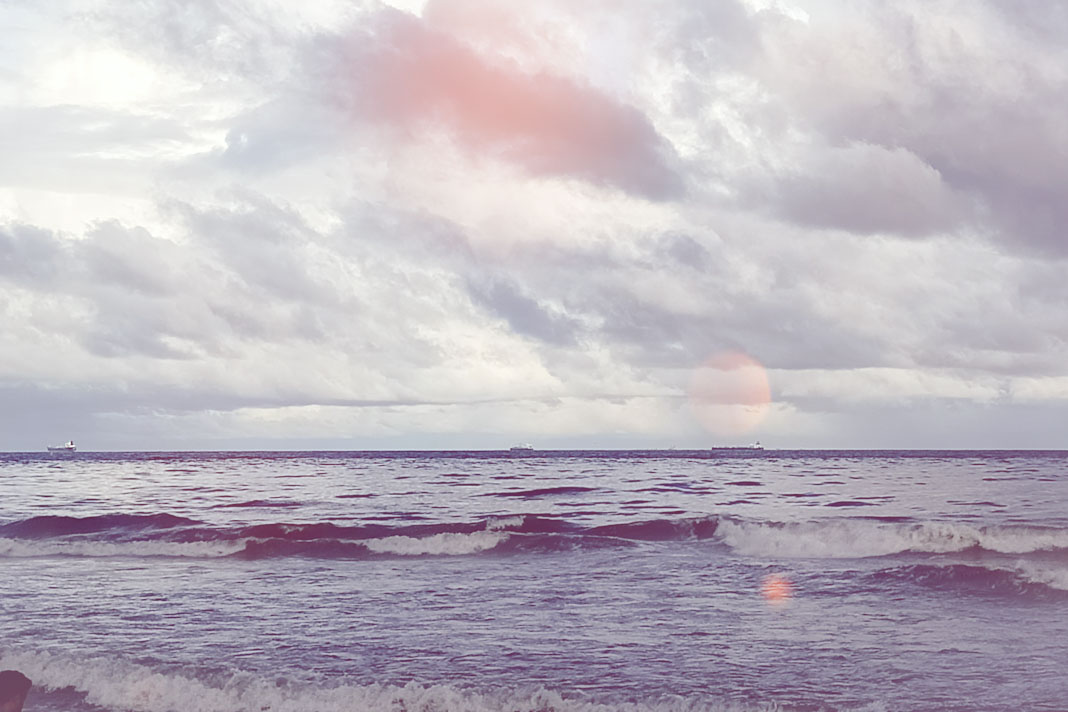A Hong Kong-registered oil/chemical tanker collided with a bulk carrier in the Deep Water Route of the Gulf of Kachchh, India, under favorable weather conditions. Both vessels sustained hull damage, with the bulk carrier being declared a constructive total loss. This note highlights lessons learned from the accident, reports MARDEP.
Incident Details:
- Date/Time: Evening of the accident day
- Weather: Fine, clear sky, good visibility, calm sea
- Location: Deep Water Route, Gulf of Kachchh, India
- Vessels Involved:
- Tanker: Hong Kong-registered, outbound southwesterly
- Bulk Carrier: Inbound southeasterly
Both vessels detected each other via radar and ECDIS but did not take timely action to avoid collision. The tanker deviated from its planned course to avoid fishing nets, leading to a collision with the bulk carrier.
Collision Impact:
- Bulk Carrier: Serious structural damage, declared a constructive total loss
- Tanker: Significant damage to the stem and bulbous bow, but resumed operation after repair
Contributory Factors:
- Bulk Carrier:
- OOW failed to use ARPA effectively to assess collision risk (COLREGs Rule 7)
- Master did not take timely positive action (COLREGs Rule 8)
- Tanker:
- OOW failed to maintain proper look-out and acknowledge VTS transmission (COLREGs Rule 5)
- OOW failed to use ARPA effectively (COLREGs Rule 7)
- OOW did not notify the Master until collision was imminent, failing to take timely action (COLREGs Rule 8)
- Both Vessels:
- Masters failed to supervise OOWs effectively
- Both failed to make prescribed sound signals (COLREGs Rule 34(d))
Lessons Learned:
- Strict compliance with COLREGs is essential:
- Maintain proper look-out (Rule 5)
- Properly determine collision risk (Rule 7)
- Take timely positive action to avoid collision (Rule 8)
- Use proper signals (Rule 34(d))
- Masters should supervise OOWs effectively, especially those with limited experience.
- OOWs should seek immediate assistance from the Master when in doubt about traffic conditions or vessel movements.
Did you subscribe to our daily Newsletter?
It’s Free! Click here to Subscribe
Source: MARDEP
















